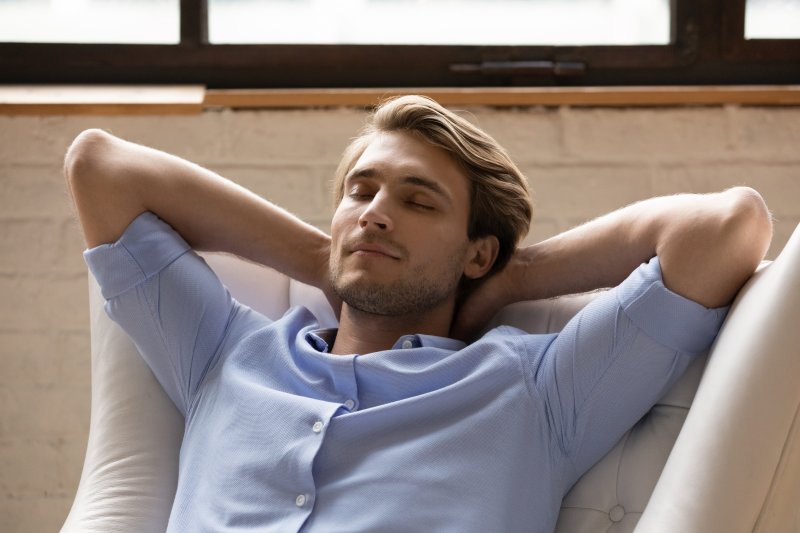
Have you ever fallen asleep in a chair while watching TV? Chances are it wasn’t on purpose, but science says that this might be helpful for those who struggle with a sleep disorder. In fact, it may present an optimal setup for sufferers of sleep apnea. The disorder is one of the most common conditions in the United States with an estimated 18 million people affected annually.
But how can sleeping in a recliner offer any benefit other than a way to crash while watching Netflix? Read on to discover more about sleep apnea and how recliners can help.
What Is Sleep Apnea?
To understand how recliners can help sleep apnea sufferers, it’s a good idea to know what it is. Sleep apnea is a sleep disorder in which you pause your breathing while asleep.
There are two types of sleep apnea:
Obstructive sleep apnea is the most common form. This happens when the muscles in the back of your throat fail to keep the airway open, despite efforts to breathe.
Central sleep apnea happens when your brain doesn’t send signals to the muscles that control breathing.
How Can a Recliner Help My Sleep Apnea?
Two clinical studies in the National Library of Medicine were conducted with over 60 patients with a sleep apnea diagnosis.
In the first study, 13 average men slept on recliners at various angles. The study revealed that a 60-degree angle made the symptoms in half of the participants disappear.
The second clinical study involved 52 middle-aged and overweight men and women. Rather than using a 60-degree angle, the researchers had them sleep with their heads elevated at 7.5 degrees.
This adjustment resulted in a 30 percent reduction in the severity of sleep apnea for nearly all the participants.
Should I Buy a Recliner for My Sleep Apnea?
Based on the clinical studies above, it may seem like a recliner is a great option for some people who suffer from mild to moderate obstructive sleep apnea.
However, If you have more extreme symptoms, or if your living situation won’t accommodate the space a recliner might take up there is a much simpler solution: oral appliances.
An oral appliance is a mouthguard-like device you can wear while you sleep. It’s specially designed to keep the lower jaw forward to prevent a blocked airway. It can also help prevent other symptoms associated with sleep apnea like snoring and teeth grinding.
Sleep apnea can cause many disruptions to your daily life, so it’s important to see your doctor and get a proper diagnosis. They can offer you a treatment plan that will work for the type of sleep apnea you have and its severity.
All this being said, you don’t have to feel bad about falling asleep in a big comfy chair!
About the Author
Dr. Katherine Parét leads a skilled and dedicated team of experts at Mind Your Mouth. Her goal is to connect oral health with body and mind through her holistic treatments. Dr. Parét graduated from the Tufts University School of Dental Medicine and has been expanding her multi-discipline education through multiple professional organizations ever since. To schedule an appointment to discuss your sleep apnea, call (207) 200-4106 or visit the website to learn more.

